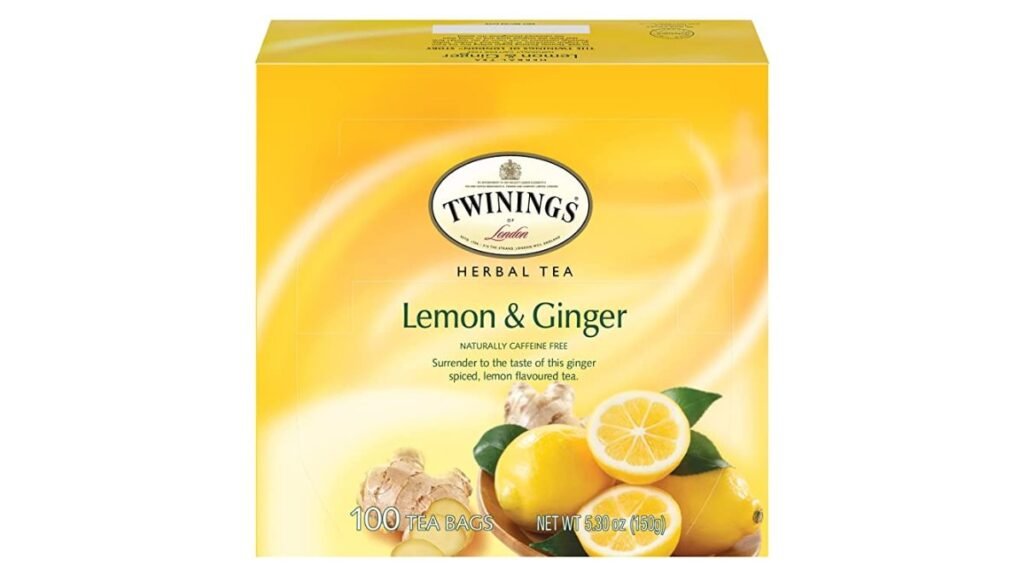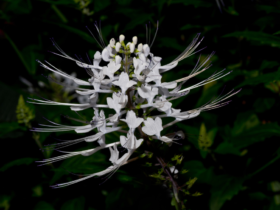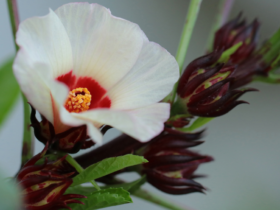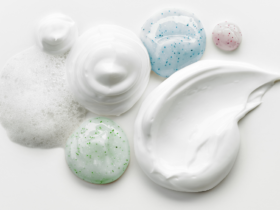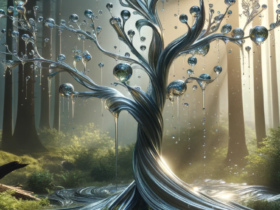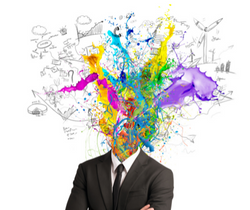Caffeine is a natural stimulant found in many beverages, including tea, coffee, and energy drinks. Although caffeine can provide a temporary boost in energy and concentration, it can also have negative effects such as anxiety, restlessness, and disrupted sleep patterns. For this reason, many people are turning to caffeine-free herbal teas as a healthier alternative. In this article, we’ll explore the benefits of caffeine-free herbal tea and why it’s a great choice for anyone looking to improve their health and well-being.

What is caffeine-free herbal tea?
Herbal tea is made from the leaves, flowers, roots, and bark of various plants, and does not contain any caffeine. Unlike black or green tea, which are made from the Camellia sinensis plant and contain caffeine, herbal teas can be made from a wide variety of plants and are naturally caffeine-free.
Benefits of caffeine-free herbal tea:
Promotes relaxation
One of the primary benefits of caffeine-free herbal tea is its ability to promote relaxation. Many herbal teas contain natural compounds that can help to calm the mind and reduce stress levels. Chamomile tea, for example, contains a flavonoid called apigenin, which has been shown to have a calming effect on the body. Other herbal teas that are known for their relaxation-promoting properties include valerian root, passionflower, and lavender.
Improves digestion
Another benefit of caffeine-free herbal tea is that it can help to improve digestion. Several herbal teas contain components that can aid in digestion and inflammation reduction. Peppermint tea, for example, is known for its ability to reduce bloating, gas, and nausea. Ginger tea is also a popular choice for promoting digestion, as it contains compounds that can help to reduce inflammation and stimulate the digestive system.
Boosts the immune system
Herbal teas are also known for their immune-boosting properties. Many herbal teas contain antioxidants, which can help to protect the body against damage from free radicals. Rooibos tea, for example, is a popular herbal tea that contains high levels of antioxidants, including aspalathin and nothofagin. Other herbal teas that are known for their immune-boosting properties include echinacea, elderberry, and ginseng.
Supports healthy sleep patterns
Caffeine-free herbal tea can also help to support healthy sleep patterns. Many herbal teas contain natural compounds that can help to promote relaxation and reduce stress levels, which can in turn improve sleep quality. Chamomile tea, for example, is known for its ability to promote relaxation and improve sleep quality. Other herbal teas that are known for their sleep-promoting properties include valerian root, passionflower, and lemon balm.
Provides hydration
Drinking caffeine-free herbal tea is also a great way to stay hydrated. Unlike caffeinated beverages such as coffee and tea, which can have a diuretic effect and cause dehydration, herbal teas are a great way to stay hydrated throughout the day. Many herbal teas are also rich in vitamins and minerals, which can help to support overall health and well-being.
Can help to reduce caffeine dependency
Finally, one of the biggest benefits of caffeine-free herbal tea is that it can help to reduce caffeine dependency. Many people rely on caffeine to help them stay alert and focused throughout the day, but this can lead to negative side effects such as anxiety, restlessness, and disrupted sleep patterns. By replacing caffeinated beverages with caffeine-free herbal teas, people can reduce their caffeine intake and avoid these negative side effects.
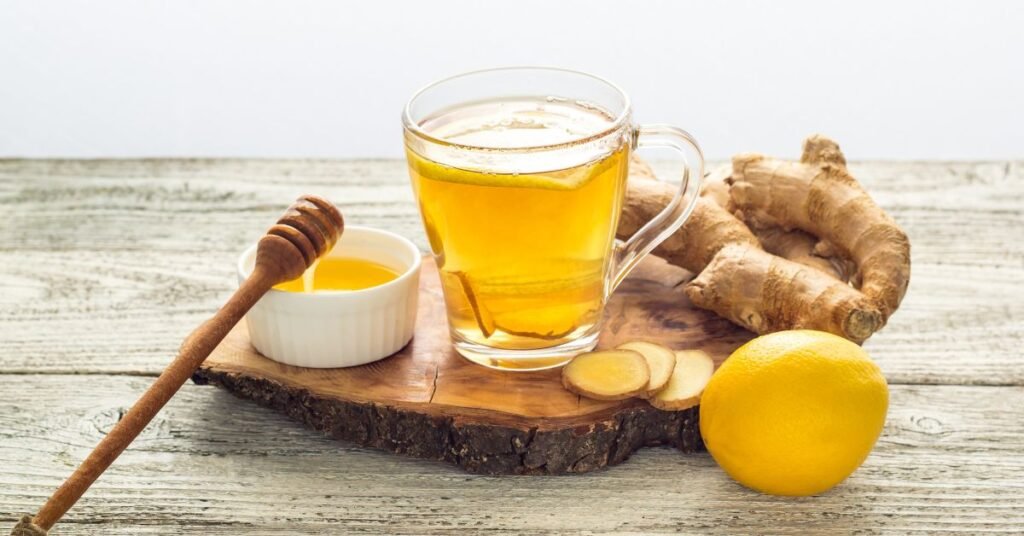
Conclusion:
Caffeine-free herbal tea is a great choice for anyone looking to improve their health and well-being. With its many benefits, including relaxation-promoting properties, digestive support, immune-boosting properties, sleep-promoting properties, hydration, and the ability to help reduce caffeine dependency, it’s clear that caffeine-free herbal tea is a valuable addition to anyone’s daily routine.
In addition to its health benefits, caffeine-free herbal tea is also a delicious and versatile beverage. There are hundreds of different types of herbal teas available, each with its own unique flavor and aroma. From fruity blends to floral infusions, there’s a caffeine-free herbal tea to suit every taste.
When choosing a caffeine-free herbal tea, it’s important to pay attention to the ingredients and choose a tea that is made from high-quality, organic ingredients. Some herbal teas may also interact with certain medications, so it’s important to speak with a healthcare professional before adding herbal teas to your daily routine.
In conclusion, caffeine-free herbal tea is a great choice for anyone looking to improve their health and well-being. With its many benefits, delicious flavor, and versatility, there’s no reason not to make caffeine-free herbal tea a part of your daily routine. So why not try a cup today and experience the benefits for yourself?
Also read about our post on How Rakuten Trade Can Help You Make Informed Investment Decisions
